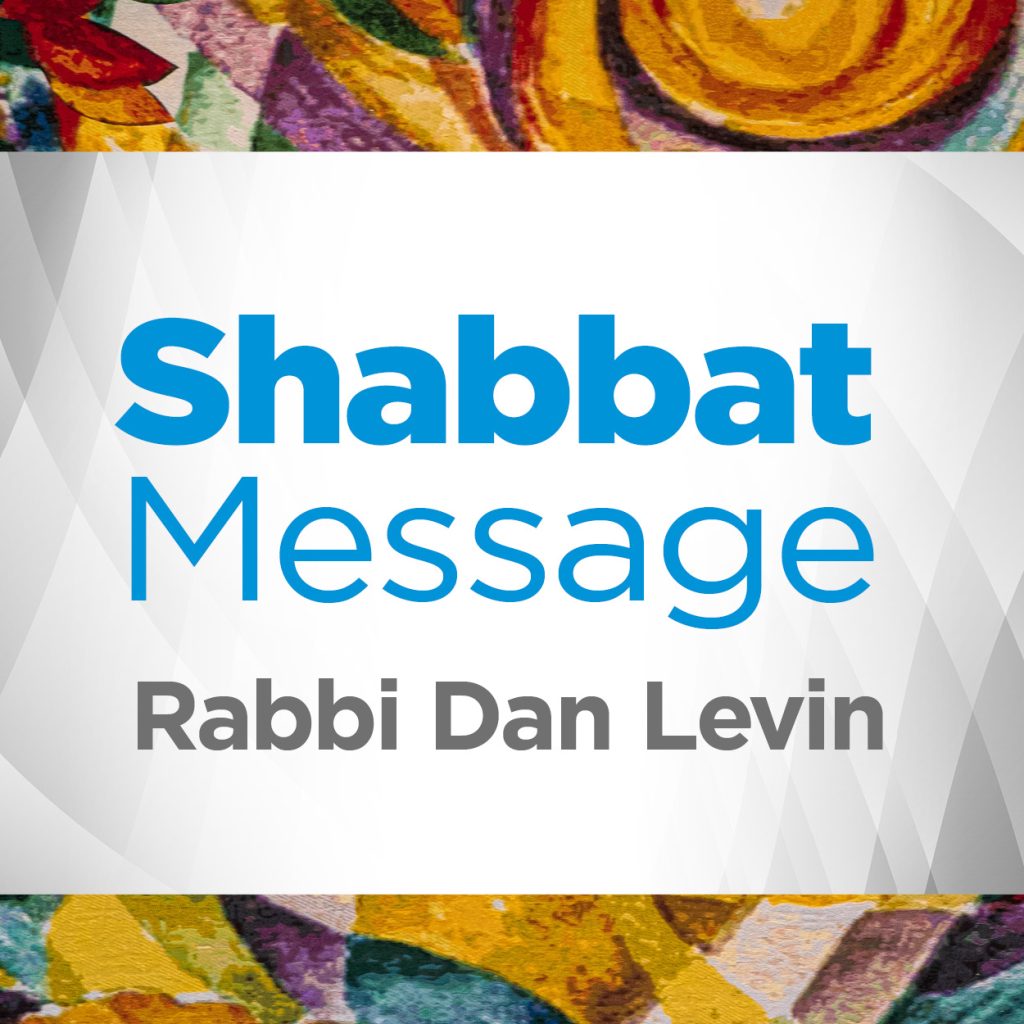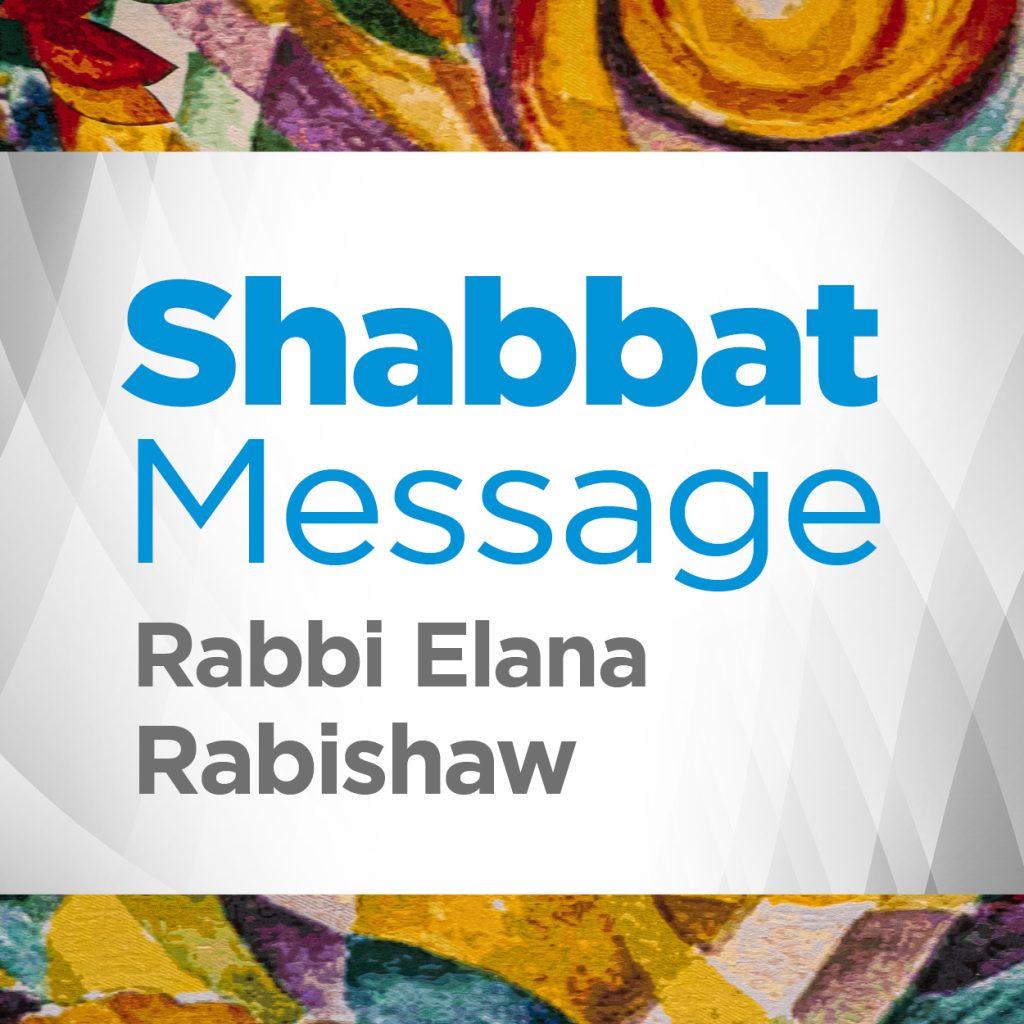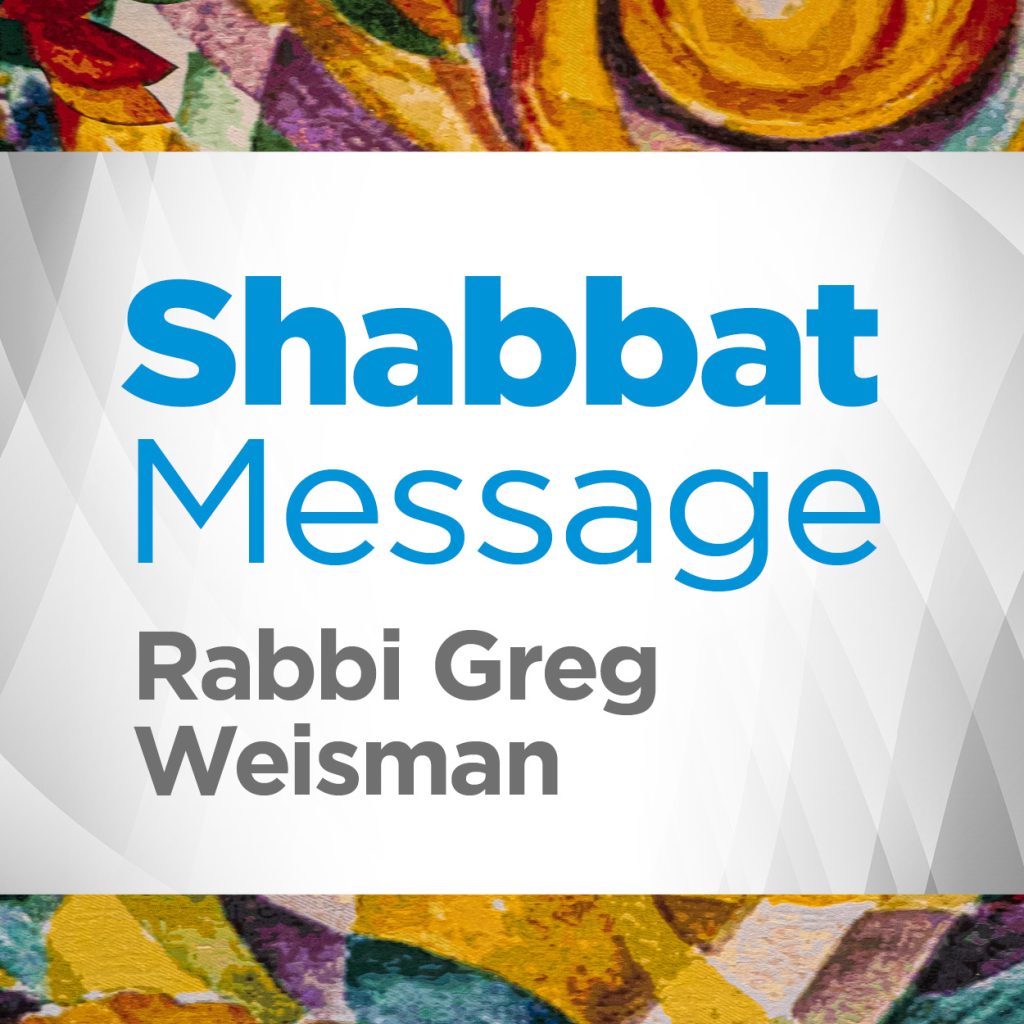Route 60 in Israel is the main road that leads north from Jerusalem, through the northern hills of Samaria in the West Bank. It is the artery that connects both Arab towns and Israeli settlements – shared by both Palestinians and Israelis.
Last Sunday, two brothers, Hillel and Yagel Yaniv, left their home in Har Bracha, and followed the road south through the city of Huwara, which straddles the highway. A Palestinian terrorist rammed into their car and he attacked them, firing at least 12 bullets from point blank range. Hillel was 22; Yagel would have turned 20 in two weeks.
Later that day, hundreds of Israelis from local settlements went on an hours-long rampage through Huwara. Homes were torched, some with people inside, and dozens of cars burned and property destroyed. One Palestinian man, Sameh Aqtash, was shot dead.
And then Tuesday, Elan Ganeles, a recent graduate of Columbia University, was killed by terrorists as he was driving to a friend’s wedding near the Dead Sea.
The Hebrew month of Adar is supposed to be joyous. As Purim approaches, we should be gearing up for celebration. And yet how can we celebrate as grief-stricken parents lay their murdered children to rest? How can we celebrate as fires still smolder from a Jewish pogrom?
Purim is a holiday which asks us to hide from one another. The Hebrew name “Esther” means “I will hide” – for she hid her Jewish identity from her husband the King and the people of Persia.
In the Purim story, Haman confronts Mordechai, who refuses to bow to him. Rather than seek vengeance on Mordechai alone, Haman decides to eradicate the entirety of the Jewish people.
“There is a certain people,” he tells King Ahasuerus, “scattered and dispersed among the other peoples … and it is not in Your Majesty’s interest to tolerate them.” (Esther 3:8)
To Haman and the King, these people are faceless, anonymous objects. Like a dangerous pest or a virus, they cannot be tolerated, and must be wiped out. To Haman, the people he seeks to destroy are not people. He does not see them.
But ours is a tradition that teaches us to see people – to see each and every person as infinitely unique, precious and holy. The famous Mishna reminds us that in the beginning, the Holy One created just one person to teach us that each and every human life is an entire world.
The root of evil, as the Purim story teaches, flourishes in our unwillingness to see the humanity in the Other. It is born when wounds fester and become infected with resentment and hatred. Arrogance and self-righteous conceit cause the infection to spread, leading to an epidemic of violence and intimidation.
The men who murdered Hillel, Yagel, and Elan are evil – Haman incarnate. Blinded by hatred and rage, they didn’t see their victims as people – as individual human beings created in the image of God. As they aimed their guns, one can imagine Haman’s words pour forth from their hate-filled hearts: “There is a certain people…”
The dozens of men who lit the fires of the Huwara Pogrom are also evil – Haman incarnate. Blinded by hatred and rage, they didn’t see their victims as people either. As they rampaged through the village, seeking to terrify and destroy, one can imagine Haman’s words dripping from their lips: “There is a certain people…”
But as Esther reveals herself, the King learns that “a certain people” comprises singular, unique, precious individuals. Esther has a face. She has a name. She is a full life, as human and divine as his own. And so, he realizes that this other “people” is really also his people, whom he as King must love and protect as his own.
Purim reminds us of our sacred obligation to shout down those who promote ignorance, violence, and hatred, and instead celebrate and cherish the individual humanity of every human being.
If we can learn to cast off our masks and see the humanity in the other, then perhaps the month of Adar, and the months that follow will be greeted with the joy of healing and peace.
Shabbat Shalom,

Rabbi Dan Levin
Temple Beth El of Boca Raton
“Pray for the peace of Jerusalem…”









